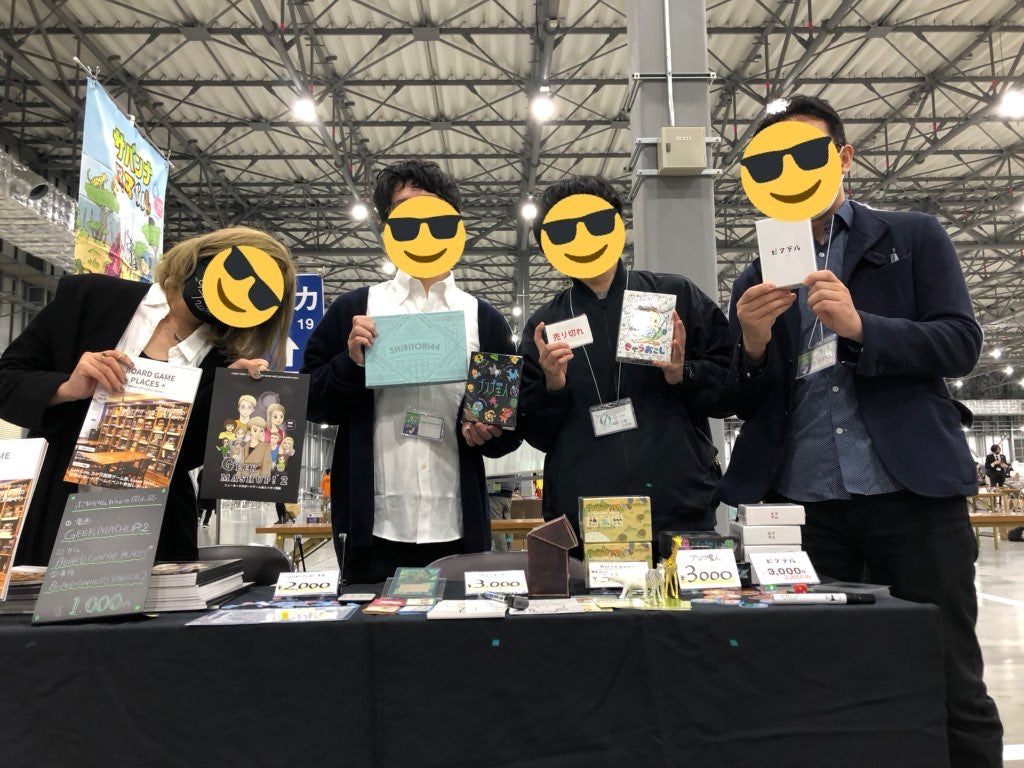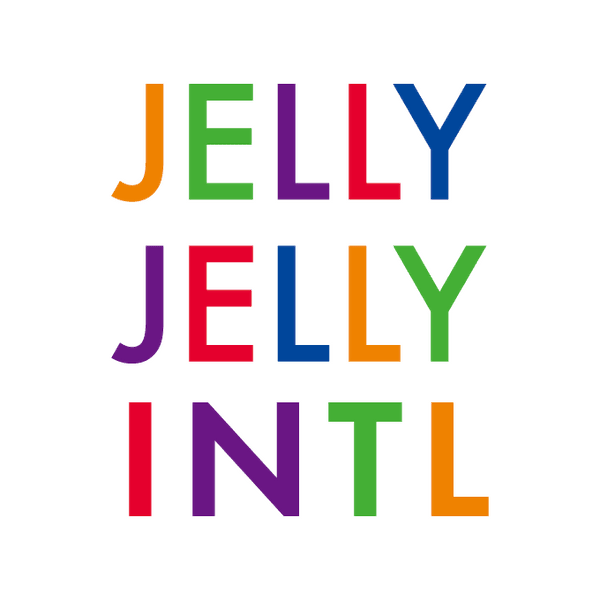
Japan's Doujin Board Game Culture
同人ボードゲーム (doujin board games) are an important part of Japanese board game culture, yet often remain difficult to access for international audiences. The word 同人 (doujin), a combination of 同 (same, together) and 人 (person, people), initially referred to groups working towards a shared goal or vision. In the late 19th century, it was used to describe independent literary circles that operated free from the control of major publishers, particularly when restrictive publishing laws made it difficult for certain works to reach the public. These small, self-published circles provided a platform for both censored ideas and aspiring writers seeking grassroots appeal. Over time, the term expanded beyond literature to encompass self-published works in a wide variety of creative fields, including manga, music, video games, and board games. While doujin works vary in style, subject matter, and audience—ranging from family-friendly entertainment to even adult content—they all embody the same spirit of independence and creativity associated with the term’s original usage.
One of the biggest hubs for doujin board games is ゲームマーケット (Game Market), Japan’s largest domestic board game convention. Game Market is held multiple times a year across venues in Tokyo and Osaka, and pulled in more than 26,000 people during its Fall 2024 event. Though companies do participate in Game Market, there is a strong focus on independent creators and small publishers, making it an important stage for discovering new talent and seeing a wide variety of passion projects on display. Many famous Japanese board games began as doujin works, gaining recognition at Game Market before being picked up for mass production by major publishers.
At JELLY JELLY GAMES, we often collaborate with doujin creators to bring their games to life on a larger scale. Dinky Dungeon (てのひらダンジョン), Minecart Town (トロッコタウン), and Baleful Bahamut (はらぺこバハムート), all began as independent projects by Shun and AYA of Studio GG, a two person game design and developer/illustrator team before undergoing slight design and mechanics updates. My Trolley Town the original doujin game, and Minecart Town are pictured below.


YUBIBO (ユビボー), a game centered around maintaining a precarious balance of sticks (and occasionally foam balls) between the fingers of the players, was initially self-published by the duo MAGNET (Kousuke Takahashi and Natsumi Wada) under the name LINKAGE (リンケージ). The original game received a design award and, due to its high potential, was eventually reimagined through collaboration with the creators. Both games are pictured above.
Aside from our own games, there are many other well known works considered important to the Japanese board game scene that began as doujin projects. The game Love Letter (ラブレター), where players utilize various couriers with different abilities to deliver their love letter to a cloistered princess while simultaneously fending off rival advances, was initially released as a doujin game by Seiji Kanai in 2012 before being picked up officially by domestic and international publishers. It has won many awards, and helped to fuel the rise of the compact 16 card game genre in Japan. Because Japanese houses tend to be small, size is a premium for everything, making these sorts of minimalist games extremely convenient. The size restriction also encourages game makers to find creative ways around the inherent limits of their chosen medium, leading to works that have incredible depth despite their form factor.
Another notable doujin game is Tragedy Looper (惨劇RoopeR), a one-versus-many deduction game inspired by visual novels, a popular Japanese video game genre known for its branching storylines. Tragedy Looper, like Love Letter, also works within a set of limits, attempting to bring visual novels to life within the tactile form factor of an analog game. Players take on the roles of protagonists trying to unravel a mastermind’s preset scenarios, avoiding hidden game-over triggers along the way. If they fail, time loops back, letting them retry with newfound knowledge—mirroring how visual novel players experiment with choices to unlock different endings and scenarios. Originally self-published in 2011 by the doujin group BakaFire Party, Tragedy Looper has since received new scenarios and a remaster, continuing to be an important example of Japan’s unique approach to narrative-driven games.
SCOUT! is a game by Kei Kajino of the doujin circle One More Game! (ワンモアゲーム!) that sold out when it first released at Game Market several years ago. It involves utilizing adjacent groups of matching or ascending/descending numbers in the player’s hand to defeat the current group on the table to earn them as victory points. Players can also choose to “scout” a card on the table to bring it into their own hand in any orientation and order they want—in this game cards can change value depending on their orientation, so scouting gives the player a lot of flexibility. Though it began as a bare-bones mechanics focused game, it was given a circus “scouting” theme upon being formally published. When discussing which board games to write about for this very article amongst the staff at JELLY JELLY GAMES, many team members brought up SCOUT! as a stand out game that came from a doujin creator. The unique restrictions on which cards can be played, the ability to selectively pull cards others have already played to strengthen your own hand, and the rapid-fire pace all make this game one of the best (subjective, of course) doujin games to date.
Doujin games have left a powerful mark on the Japanese board game scene—each one starts as a humble, creator-driven project, but they can occasionally grow into global sensations. Whether it’s the elegance of Love Letter, the time-bending brilliance of Tragedy Looper, or the fast-paced hand management of SCOUT!, these titles all show how creative limits can become a springboard for incredible design.
At JELLY JELLY GAMES, we’re proud to work with doujin creators and share their visions with a wider audience. We believe these games capture something special: not just great mechanics, but the independent spirit of experimentation, fun, and personal expression.
So here’s our invitation to you: try a doujin game. Support a creator. And maybe even make a game of your own! Whether it’s a tiny card game or a full-blown adventure, there’s nothing more exciting than turning your ideas into something you can play and share. The next great game might be the one in your head—so why not give it a shot?
by Matthew Moller, JELLY JELLY INTL
